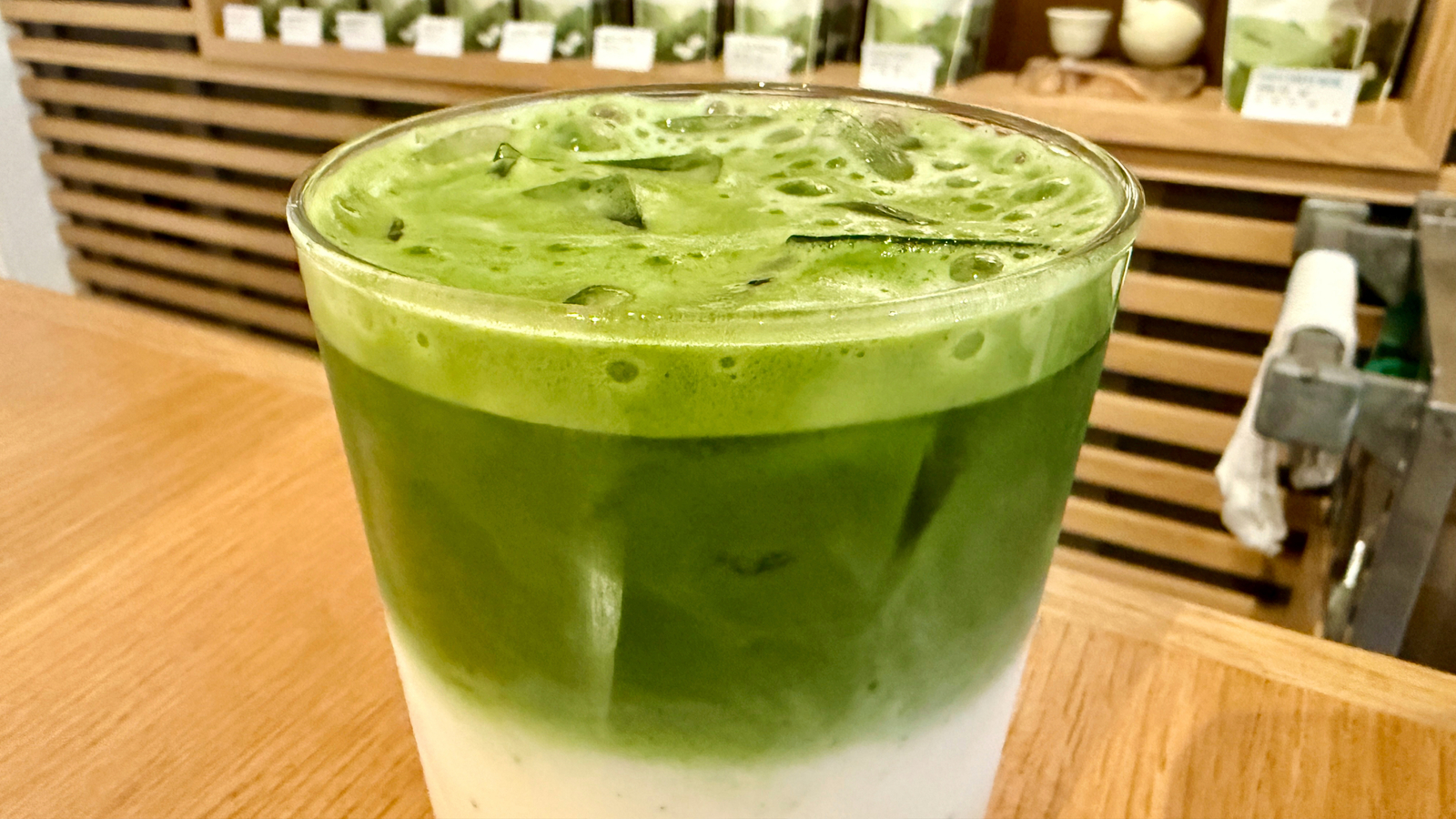
"For Americans, there's the added impact of tariffs. Imports from China are currently subject to a 37.5% tariff, while the U.S. has a 15% tariff on imports from Japan. It's not clear if tea will be exempted from tariffs because it's a natural product that's not grown in significant quantities in the U.S. - an accommodation that the Trump administration has made for cork from the European Union. The Commerce Department and the U.S. Trade Representative didn't respond to messages left by The Associated Press."
"Aaron Vick, a senior tea buyer with California-based tea importer G.S. Haly, says he paid 75% more for the highest-grade 2025 crop of Japanese matcha, which will arrive in the U.S. later this fall. He expects lower grades of matcha to cost 30% to 50% more. Chinese matcha - while generally cheaper than Japanese matcha - is also getting more expensive because of high demand, he said."
"Global demand for the powdered tea has skyrocketed around the world, fueled by consumer interest in its health benefits and by the bright green matcha lattes bubbling up on social media. In the U.S., retail sales of matcha are up 86% from three years ago, according to NIQ, a market research firm."
Global demand for matcha has surged, driven by perceived health benefits and social-media popularity, with U.S. retail sales rising 86% over three years, according to NIQ. Japan's matcha production fell this year due to poor weather, reducing harvests. China still has ample matcha but labor shortages and strong demand are raising prices. Tariffs add cost: imports from China face a 37.5% tariff and imports from Japan a 15% tariff, with unclear exemptions for natural products. A senior U.S. tea buyer reported paying 75% more for top-grade 2025 Japanese matcha and expects lower grades to cost 30%-50% more.
Read at ABC7 Los Angeles
Unable to calculate read time
Collection
[
|
...
]